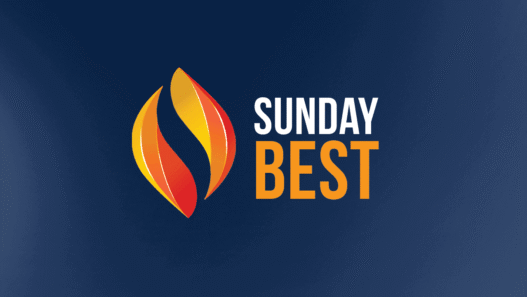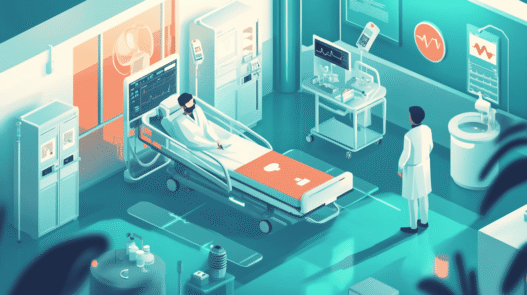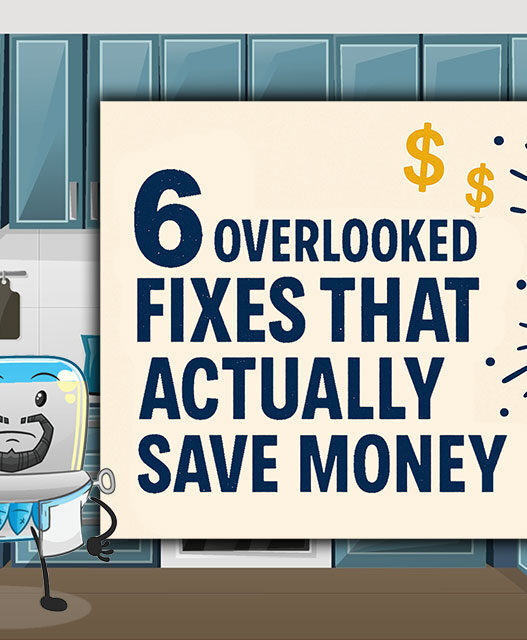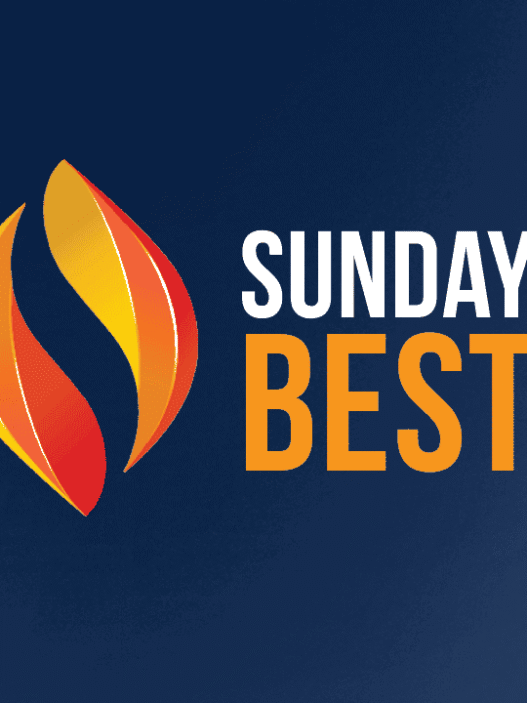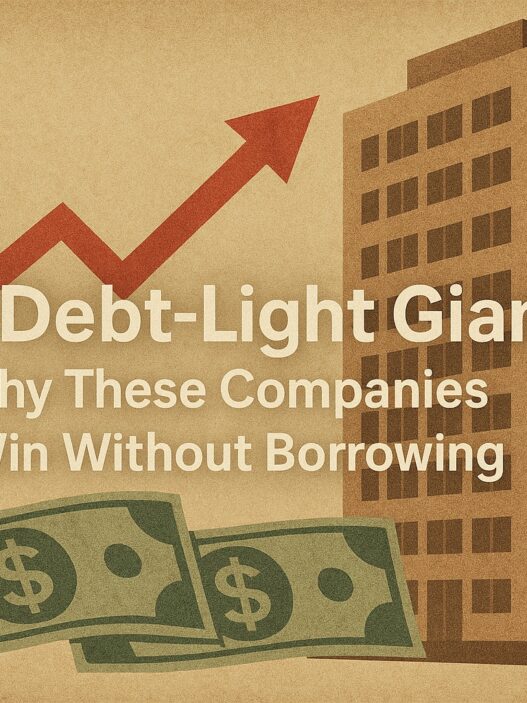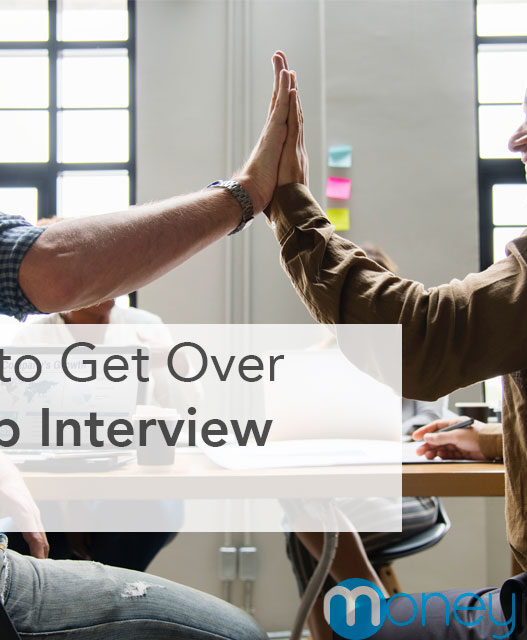Nick Maggiulli Of Dollars And Data focuses on personal finance using data analysis. Nick Maggiulli is the Chief Operating Officer for Ritholtz Wealth Management LLC.
Article Link: https://ofdollarsanddata.com/optimizing-ourselves-to-death/
Optimization culture has gone too far. What started as a movement to save time or improve health has morphed into a never-ending quest to maximize everything. We track our sleep. We count our steps. We chase credit card rewards. We obsess over our allocations. And much more.
While improving yourself is a noble goal, the pursuit of perfection has created a culture of anxiety and neuroticism that has done more harm than good. For example, David Sinclair, a popular longevity researcher, recently tweeted:
Broke a rule by eating a snack bar before bed. It completely messed up my glucose & I woke up feeling ill. Won't do that again
If a “snack bar before bed” can send your entire system into disarray, how good is your health really?
And it's not just health where this obsession shows up either. Tim Ferriss, one of the most influential optimizers in the world, recently warned about the perils of over-valuing your time:
Learning to value your time is a valuable skill that allows you to learn, especially in the early stages, what makes sense to delegate and what does not…However, if you land on some type of number, whether it's ill-defined or very precisely defined, for what your time is worth per hour, you can end up feeling the agony of wasting time anytime a minute is sacrificed doing something that you don't think is high leverage. And that ends up being a very painful way to go through life.
Ferriss's warning captures the essence of what went wrong with optimization. What started as a way to “work smarter” or “live healthier” transformed into a culture obsessed with productivity, efficiency, and perfection.
But where did this start? And, more importantly, how will it end?
When Did Optimization Become so Popular?
If I had to trace optimization culture back to its roots, it would be with the publication of The Wealth of Nations (1776) by Adam Smith. In it, Smith demonstrates how dividing labor into specialized tasks could dramatically increase productivity. Smith describes a pin factory where one worker might only be able to make a few pins per day when doing every task themselves. However, by splitting the production process into distinct, repetitive steps, a factory could easily make thousands of pins per day.
This ideology became the bedrock of capitalism and helped fuel the mass production that followed during the Industrial Revolution.
But at some point, this way of thinking started to pervade every other part of society. What was a useful ideology in a business setting slowly found its way into our lives.
I don't know exactly where the modern version of this began, but I first noticed it with Steve Jobs wearing the exact same outfit every day. Jobs argued that wearing his signature black turtleneck and blue jeans reduced his daily decision fatigue so that he could focus his mental energy on more important decisions.
As Jobs (and his clothing choices) became more popular, productivity culture was also on the rise. Books like The 7 Habits of Highly Effective People, Getting Things Done, and, eventually The 4-Hour Workweek, all championed ways of getting more done in less time. It turned something you should get enjoyment from—your work—into something you should do as quickly as possible—a rote task.
But the productivity gurus were child's play compared to the rise of the biohacking movement that followed. Guys like Andrew Huberman and Bryan Johnson rose to fame in recent years with their strict diets, excessive supplementation, and elaborate morning routines. Science-backed exercise and nutrition advice became the name of the game. And there was no shortage of influencers to supply it.
I know because I was one of the people who got sucked into this movement. I was following Bryan Johnson, Rhonda Patrick, Peter Attia, and others as biohacking became ever more popular. I counted calories. I owned an Oura ring. I was taking 9 different supplements a day (and was constantly experimenting with new ones). At one point, I even had a Korean skin care routine.
But it all came crashing down. One day I saw this video from Paul Saladino about all the chemicals that are on paper receipts and why you shouldn't touch them. The next day I found myself using my shirt to grab a receipt at the grocery store and it hit me.
“What the hell am I doing?”
I'll admit that the studies on paper receipts don't look good. Paper receipts have harmful chemicals on them that can cause problems if ingested. But unless you touch these receipts all day (for a job) or you don't wash your hands before eating, there's just no way they will have any material impact on your life.
I was spending mental energy on something that was trivial to my existence. And if I was doing this with paper receipts, where else was I doing it?
This is how my optimization journey came to an end and how many others' will as well.
The End of Optimization
How does the optimization movement end? When more people collectively realize that the juice isn't worth the squeeze. When they conclude that the Pareto principle was right all along: get the big stuff right, and you don't have to worry about the small stuff.
I'm already starting to see the shift in sentiment. The comments on that David Sinclair tweet (from earlier) ripped him to shreds for his lack of metabolic resilience. And, as pushback increases, even Bryan Johnson has started testing the waters on reducing the intensity of his messaging:
guys I went to bed late last night and everything is fine this morning. maybe i've taken this longevity thing too far?
I don't know where this all ends, but we are going to see more messages like this in the coming months and years. As more people begin to question the data and how to interpret it, optimization culture will fade away.
For example, David Perell recently wrote about the usefulness of alcohol consumption (in moderation) even as drinking in the U.S. reaches all-time lows:
We've all seen the Huberman data about how destructive alcohol can be for your health. Most people respond by saying: “Ok, that means I'll drink less.” But there's another way to interpret the data. If alcohol has persisted for so long and across cultures, despite the obvious downsides, then there must be serious benefits as well. Alcohol is as Lindy as Lindy can be.
Perell highlights the fatal flaw of optimization—what's it all for? What's the point of better health if you have no one to spend it with? What's the point of being sexy if you aren't having sex? What's the point of living forever if you have nothing to live for?
We need a push toward “unoptimization” as Tim Denning calls it, to solve this. Because we aren't machines. We aren't pins in a pin factory. We are people.
And people don't need optimization. If you're a manufacturer trying to make millions of products or a search engine trying to answer billions of queries, you need optimization. But if you're an individual trying to live a good life, you don't.
What you need is purpose, fulfillment, and connection. Yes, you also need good health, a good career, and good prioritization of your time. But these pursuits shouldn't consume your every waking hour.
Trust me, I've been there. I used to be obsessed with my asset allocation in my early 20s (when it didn't matter much). I've changed my diet more times than I can count. I've read countless productivity books.
There was some value in all of this, but the pursuit of perfection was ultimately a dead end. I had to reach that end to learn a bigger lesson—it's okay to be inefficient. It's okay to take the scenic route in life. Because the end of optimization is the beginning of living again.



